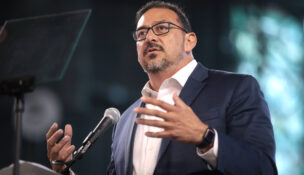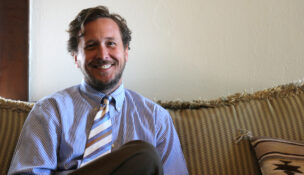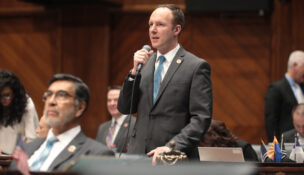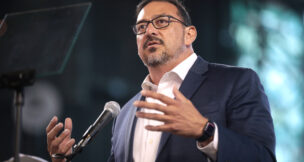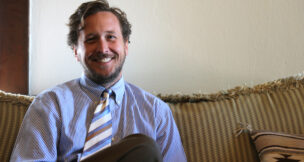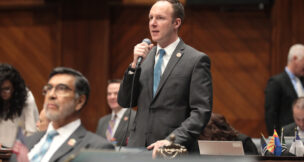Eckerstrom surprises Bivens, takes over as Dem chairman
Arizona Capitol Reports Staff//January 30, 2009//
Eckerstrom surprises Bivens, takes over as Dem chairman
Arizona Capitol Reports Staff//January 30, 2009//
It was certainly the political surprise of the year thus far when, on Jan. 24, Don Bivens walked into the Wyndam Hotel in downtown Phoenix as the unchallenged head of...
No tags for this post.







